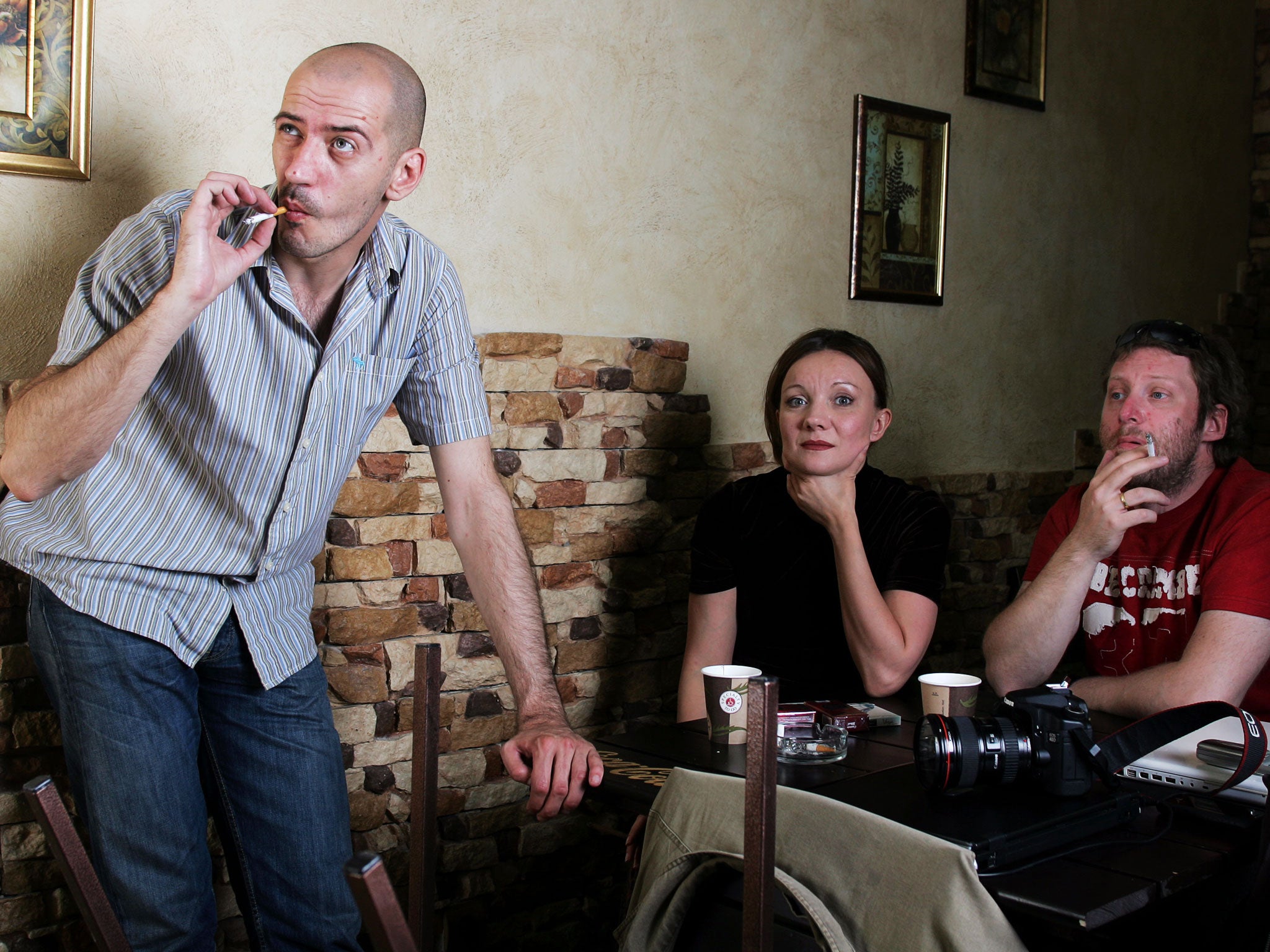Smoking ban introduced in Russia, the land of the 60p pack of cigarettes

A smoking ban in some public places has come into force today in Russia, a country with one of the highest smoking rates in the world.
Around 40 per cent of the population are smokers, but as of today they will be unable to light up in workplaces, housing block stairwells, train stations and airports, and on public transport.
The controversial anti-smoking legislation is part of President Vladimir Putin’s plan to force Russians to make a healthy lifestyle change.
Last year, 400,000 Russians died from smoking-related diseases, and Health Minister Veronika Skvortsova said the new legislation would save up to 200,000 lives a year. She told Russia Today: “It’s important to prevent children and teenagers from starting to smoke. They shouldn’t be able to buy cigarettes on their way from school.”
More than 60 per cent of Russian men smoke – the highest in Europe. Some 20 per cent of women smoke, but campaigners warned that the figure could rise to 35 per cent after intense marketing campaigns targeted at women.
Next year, the ban will get even tougher. From June 1 2014, cafes, bars, restaurants, shops and shopping centres will be free from smoke. Street kiosks will no longer be able to sell cigarettes, and a minimum price will be set. Smokers can currently pick up a packet for just 60p.
The Russian cigarette market is worth around £13bn a year, and unsurprisingly, the new legislation was opposed by British American Tobacco, Imperial Tobacco, Japan Tobacco and Philip Morris.
Tobacco companies will be banned from sponsoring events under the new rules.
Another voice of dissent is actor Mikhail Boyarsky. He told Russian newspaper MK: “We shouldn’t look at other countries. We’ve got our own mentality: forbidden fruit is sweet. I think a democratic solution to the problem would be better in this case than orders that bring no result.”
Subscribe to Independent Premium to bookmark this article
Want to bookmark your favourite articles and stories to read or reference later? Start your Independent Premium subscription today.

Join our commenting forum
Join thought-provoking conversations, follow other Independent readers and see their replies